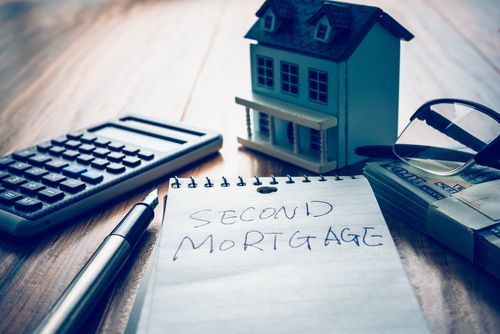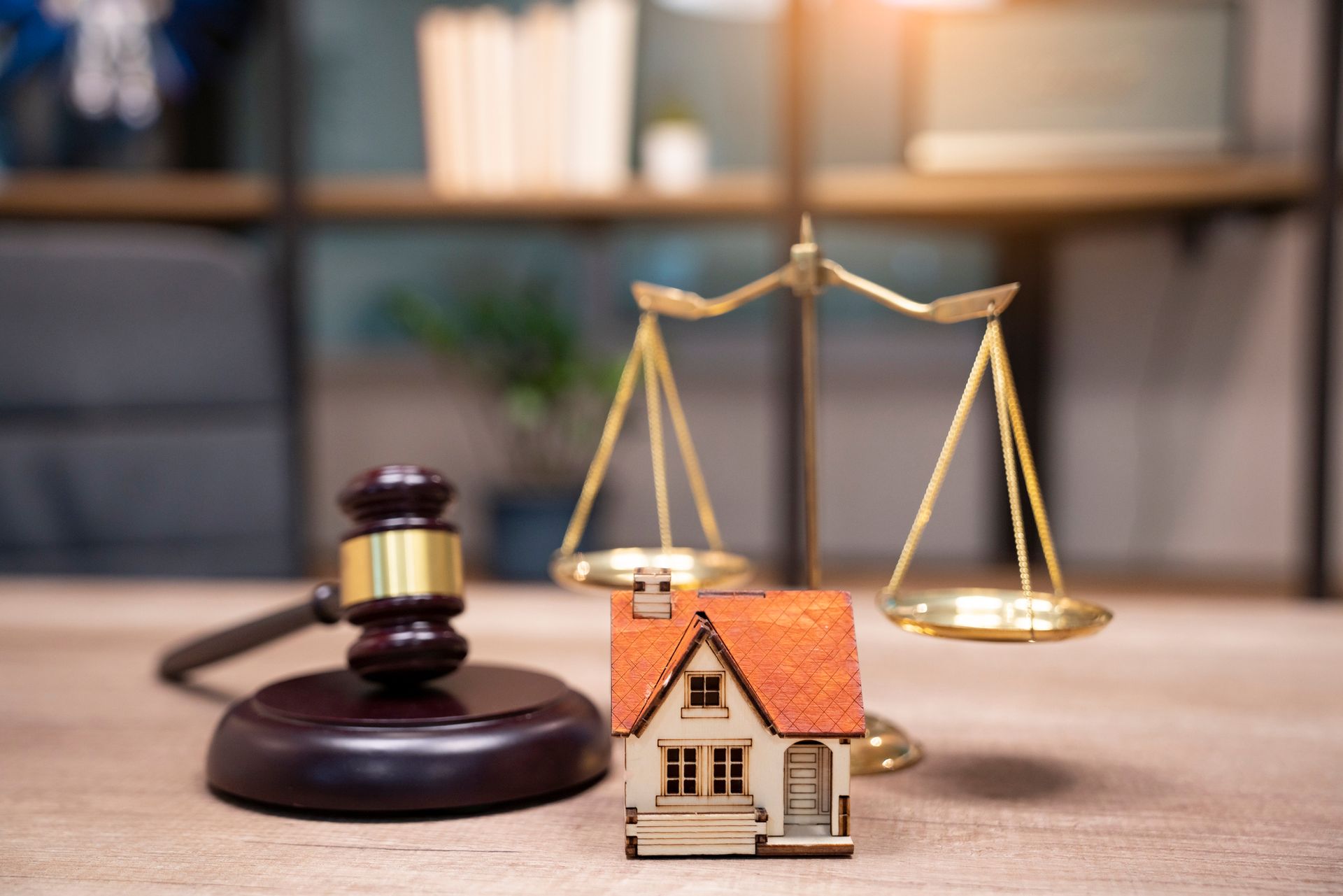What is a Second Mortgage?

As a homeowner, your home is likely your most significant asset. A second mortgage will enable you to leverage the value of your home and the equity you have grown to get cash. Let's take a look at the pros and cons of a second mortgage so you can determine if it is the right choice for you.
A second mortgage is a type of loan that enables homeowners to borrow against the value of their home. As a homeowner, your home is likely your most significant asset. A second mortgage will enable you to leverage the value of your home and the equity you have grown to get cash. If approved, your lender will loan you a percentage of the equity you have in the home. You can use this money to pay off high-interest debt, return to school, or renovate your home. But because taking out a second mortgage requires you to use your home as collateral against your loan, you must consider your options carefully. Here, we explore the pros and cons of a second mortgage so you can determine if it is the right choice for you.
How does a second mortgage work?
A second mortgage allows you to take out a loan using your home as collateral. It is called a second mortgage because it is secondary to the purchase loan for your home. For example, if the worst-case scenario occurs and you lose your home in foreclosure, the funds raised by your lender in selling your home would first go towards paying off your first mortgage. Any remaining funds would be used towards your second mortgage. So while they are similar loans, your first mortgage gets precedent.
A second mortgage will utilize your home equity to allow you to pursue your financial goals without selling your house. Equity is the estimated market value of your property minus the balance of your loan. For example, if your home is worth $220,000 and you still owe $140,000 on your loan, your equity is worth $80,000. Your equity increases as you pay off your loan or if the value of your home increases. Your equity decreases when it loses value on the market or if you borrow against your home.
Second mortgages are sometimes called home equity lines of credit (HELOCs) or home equity loans. A HELOC is a pool of money you can choose to withdraw from if the need arises. You are not required to take the money, but it is there for you if you want it. Lenders will establish a maximum borrowing limit; you can borrow as many times as you want until you reach that limit. You can pay down the loan and borrow similarly to a credit card. A home equity loan is one deposit of money taken at one time. You will repay this loan gradually over time with interest.
What are the pros of a second mortgage?
- High Loan Amount: If you need to borrow a significant amount of money, a second mortgage can help you do so. Because the loan is secured by your home, which is probably worth a lot of money, you can access loans for higher dollar amounts than a personal loan or other unsecured loans. Some lenders will approve you to borrow up to 80% of your home's value.
- Lower Interest Rates: Lenders tend to give more favorable terms to second mortgage loans, including lower interest rates. Securing the loan with your home lowers the risk for your lender, and they are, therefore, more inclined to give you a lower rate. This is one of the reasons people commonly use second mortgages to pay off high-interest debts.
- Tax Benefits: Using your second mortgage for home renovations can mean a tax deduction. Using the money from your second mortgage to build, purchase, or renovate your home can qualify you for a tax break.
What are the cons of a second mortgage?
- Foreclosure: One of the most significant risks of taking a second mortgage is the risk of foreclosure. When you use your home as collateral, you risk losing your home in foreclosure. If you stop making payments, your lender could pursue foreclosure. For example, using a second mortgage to consolidate credit card debts may seem like a good idea upfront because you can secure a lower interest rate for your debts. But if you cannot make the payments, you are risking more than bankruptcy or a hit to your credit score. You could end up losing your home.
- Costs and Fees: Second mortgages can be expensive. Even just to get approved, you must pay for credit checks, appraisals, origination fees, and even closing costs. If you are working with a different lender than your first mortgage, you will also need to pay an additional fee for the lender to be in a second lien position. All of these costs and fees can add up to thousands of dollars.
- More Interest: Whenever you borrow money from a lender, you have to pay interest. And while second mortgage rates are typically lower than credit card rates or even personal loan rates, they're typically higher than your first mortgage rate. A second mortgage is more debt and more interest that you will have to repay.
Is a second mortgage right for me?
Second mortgages can be a great financial opportunity to use your investment to pursue other goals you wouldn't otherwise be able to pursue. If you thoroughly assess your finances and determine that you can afford the extra payments towards a second mortgage, go for it. But putting your home on the line isn't worth it if you are borrowing money to pay off other debts with no clue how you will make up the difference.
In addition to determining how to afford the second mortgage, you must consider what you intend to use the funds for. Using that money to improve your net worth or your home's value are worthwhile reasons to take out a second mortgage.
If you are considering taking out a second mortgage or have already done so and are worried about your payments,
Veitengruber Law can help. We can help you get the most out of your home value.










